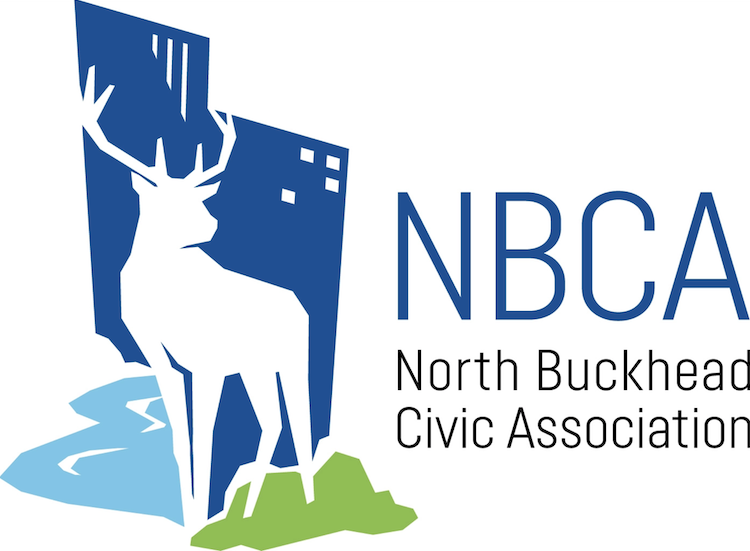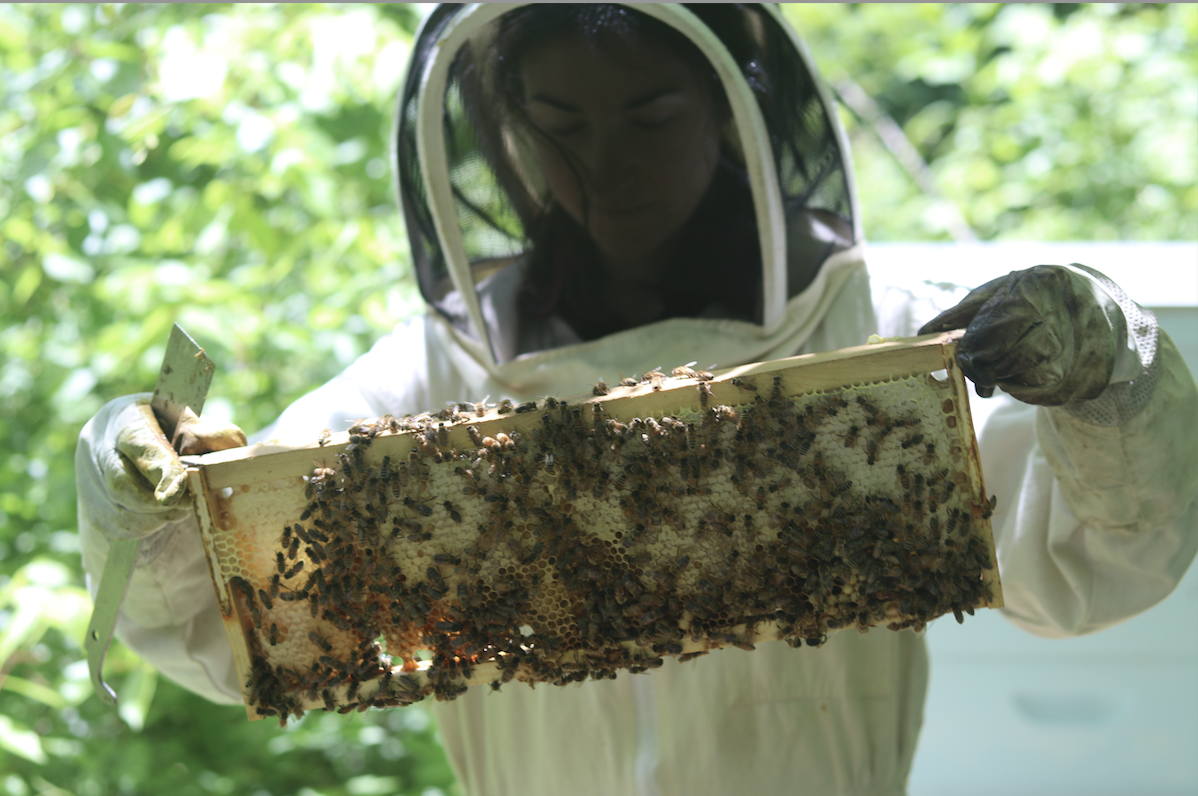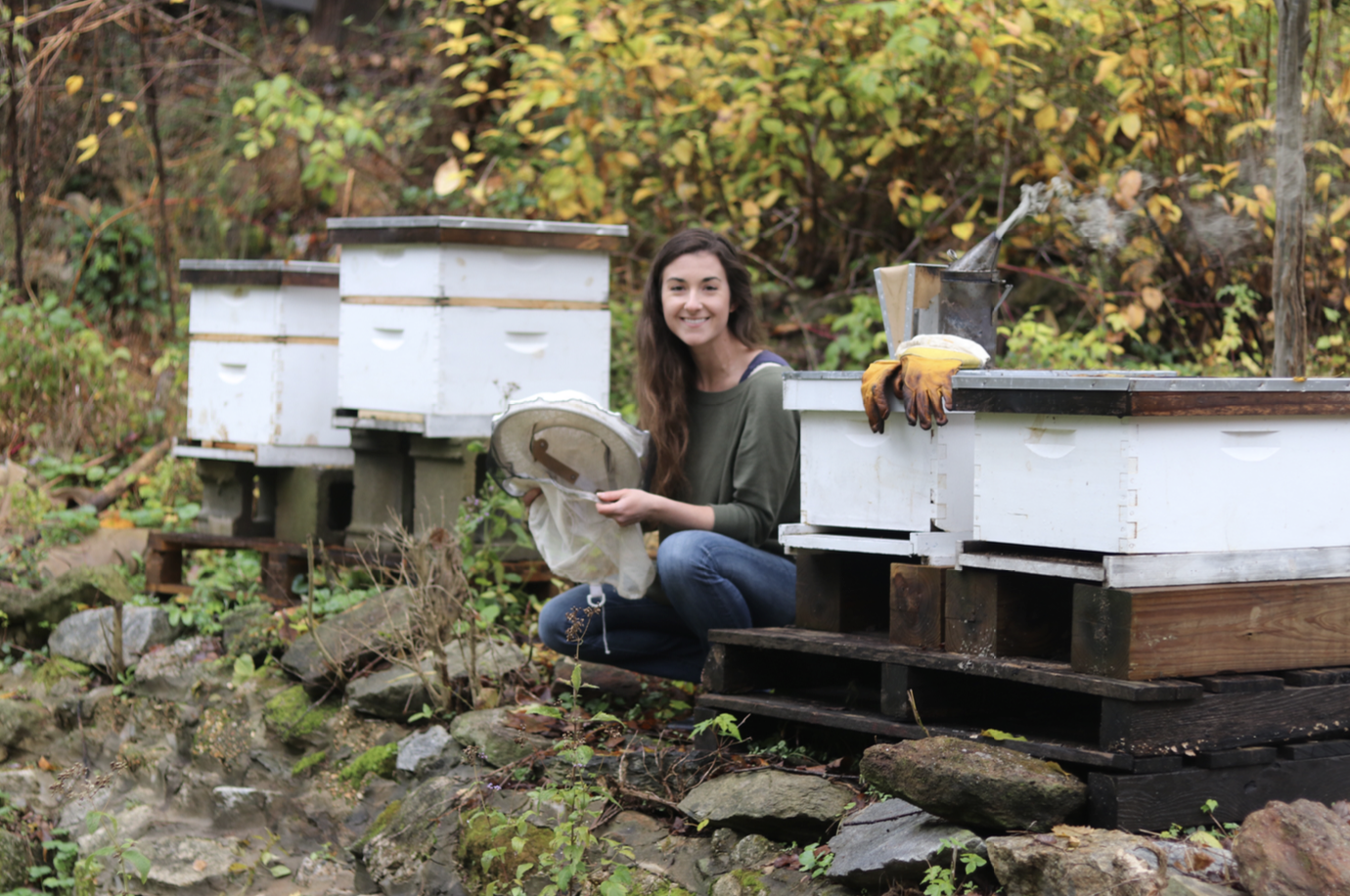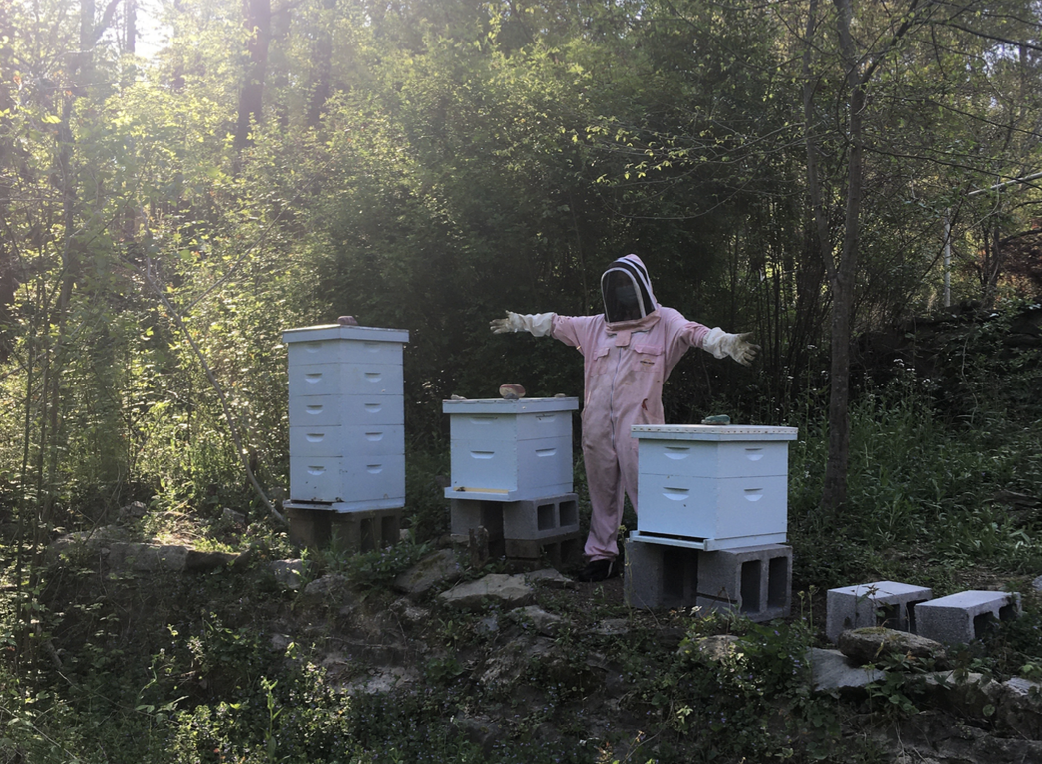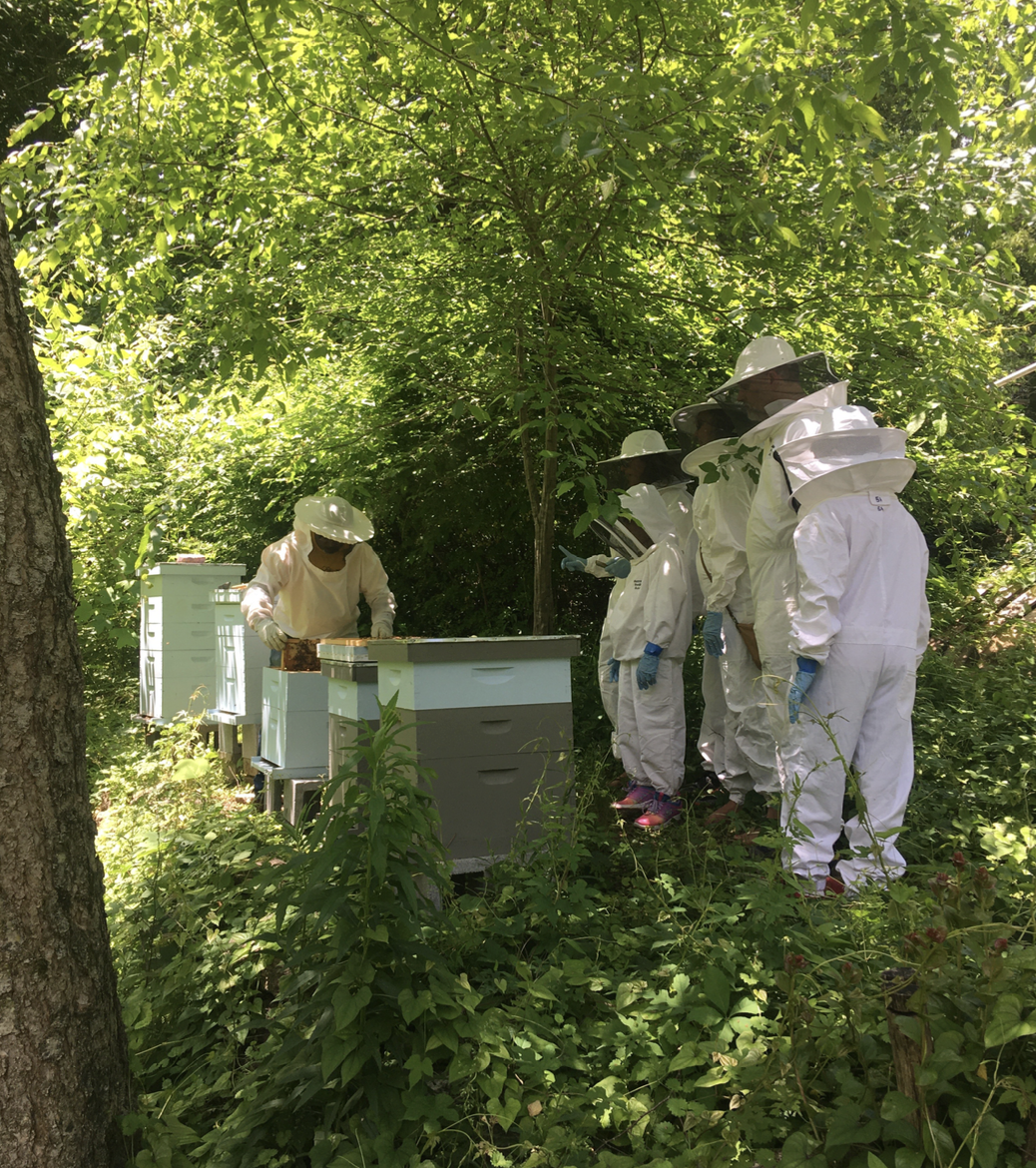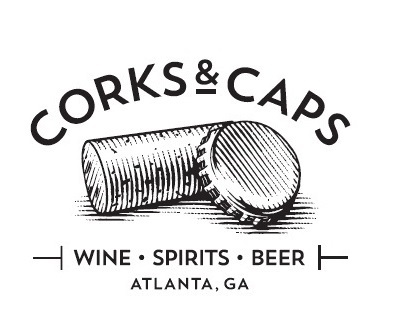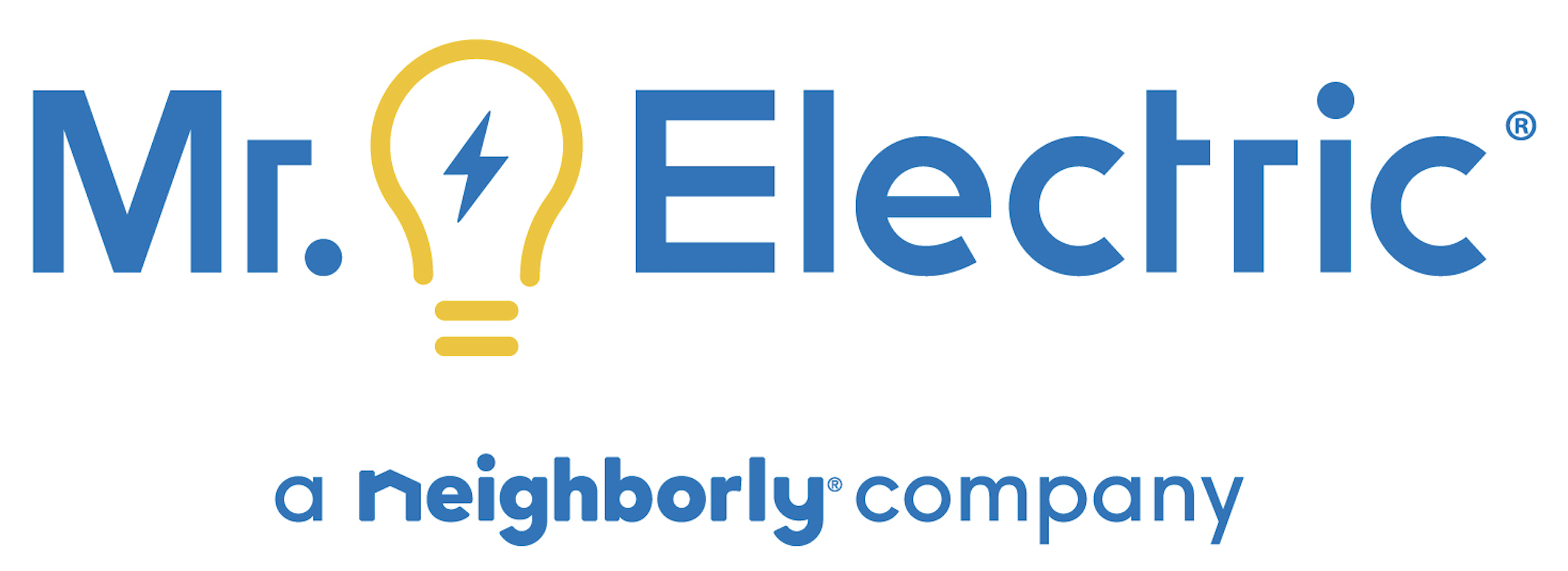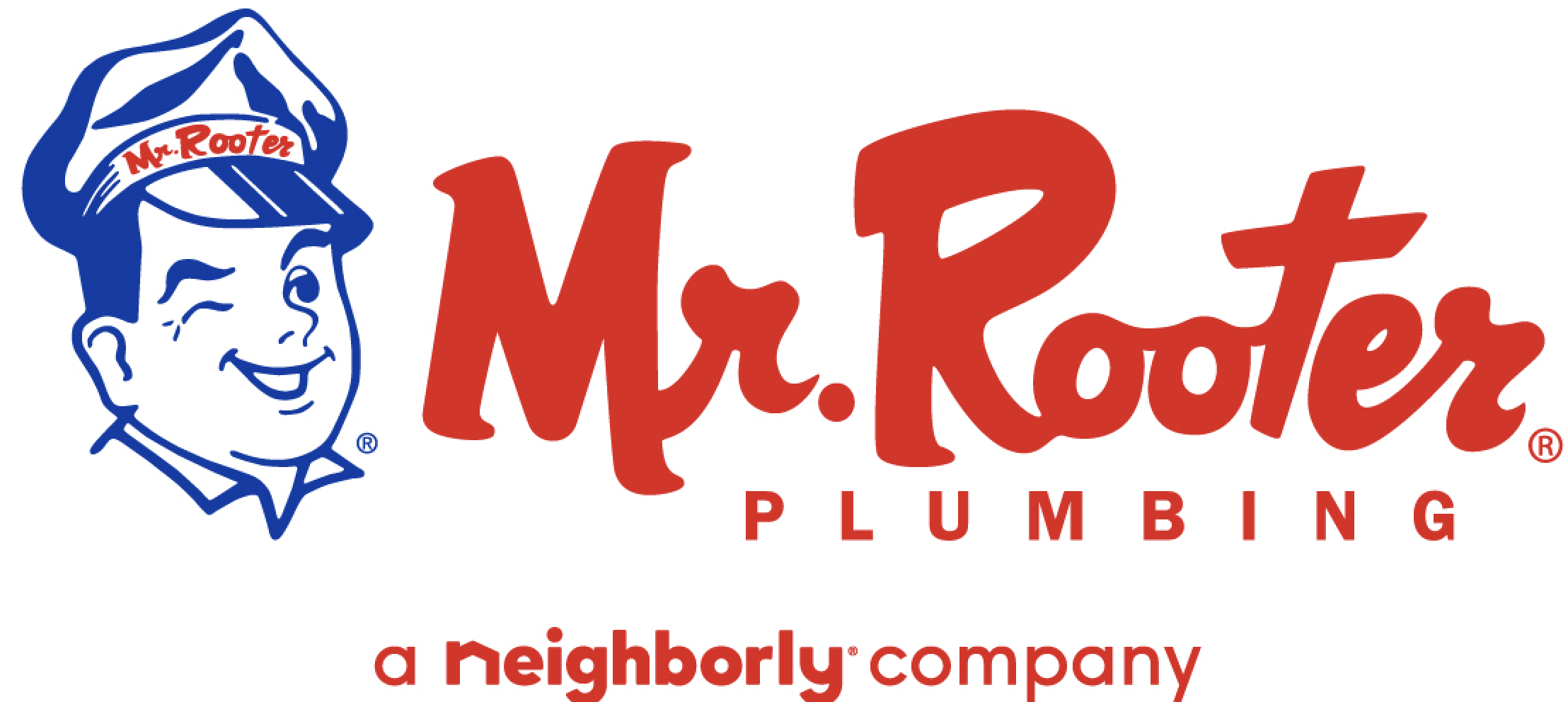|
Beekeeping in Buckhead: Mission Impossible?
When I tell people I’m a beekeeper in Atlanta, sometimes I get questionable looks. They think I mean I keep my beehives on a big farm an hour outside of the city. But no, really, I keep bees in Atlanta, from Hartsfield-Jackson to Midtown to Buckhead and some areas in between. Recently, urban beekeeping has become a popular topic both inside and outside the beekeeping industry. Urban farmers and hobbyists alike want to know: Is it possible? Is it safe for the bees? Even with the concerns, the number of urban beekeepers is growing. A global push for the understanding and protection of our pollinators has caused a surge in interest in bees and beekeeping, but is this a viable pursuit in a big city like Atlanta? One of my apiaries is located at the Land O Lakes property at the Blue Heron Nature Preserve in Buckhead. The hives located here have gone through various successes and challenges. The Preserve offers a refuge for all wildlife, including the bees, because of their unmowed and untreated grounds. Just outside the Preserve property is a different story. Most days while driving towards the apiary, I will see at least one mosquito control or lawn care company truck with employees nearby wielding backpack tanks full of chemicals that have been shown to be harmful to beneficial insects like bees. Also, while most Buckhead residential properties are beautiful and pristine, they are almost worthless to our pollinators. Perfectly manicured lawns, exotic flowers, and basic boxwoods all create food deserts for bees, and when you have an entire neighborhood bereft of bee nourishment, you get the Atlanta Sahara. Modern beekeeping has many challenges, and I’ve only covered a few that are specific to the area. It’s easy to get demoralized, but there is hope. As the interest in bees and pollinators grows amongst the public, so does an awareness of how our actions impact the ecosystems around us. Change happens at an individual level. There are many ways you can make a difference to the landscape of Buckhead in your own backyard. Planting more flowering plants, trees, and shrubs can help feed all pollinators living in your area. The most beneficial choices would be flowering native trees like the Eastern Redbud, Basswood, or Witch Hazel. Another easy way to support the bees is by reducing chemical usage on your property. If possible, hand pull weeds and opt for spraying your body with bug spray or essential oils instead of your yard where it can cause a butterfly effect by killing our local butterflies, among many other important creatures. The world doesn’t need everyone to become a beekeeper, but it does need more pollinator gardens, fewer toxic chemicals, more intentional habitat preservation and creation, and more people who care about bees and the landscapes that support them. Brooke Vacovsky
|
